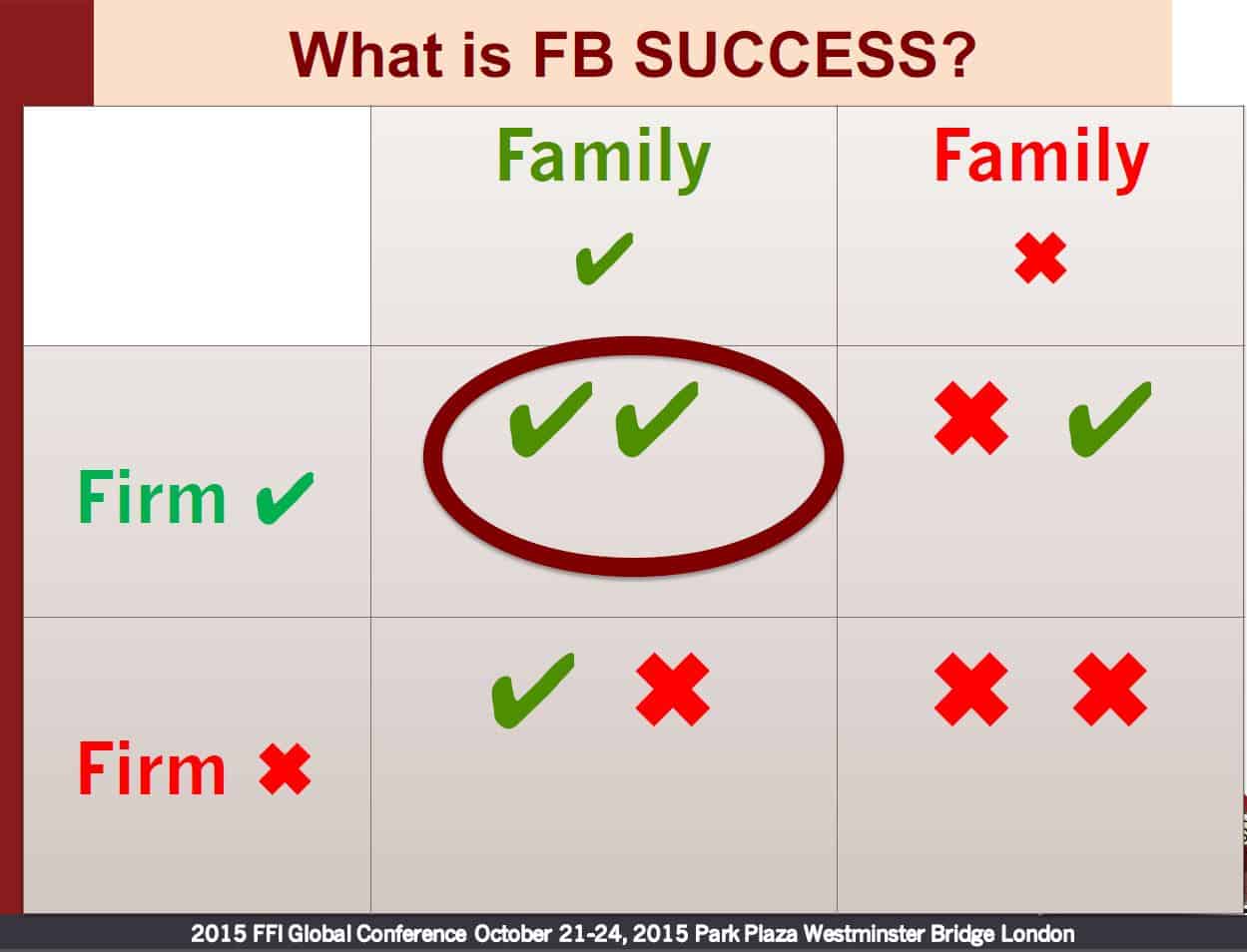When I start to run across different versions of the same message in different places, I know that I have come up with a compelling blog topic. I will share a few examples of what has me currently thinking about this, before attempting to frame the subject along family business lines.
A while back, I heard someone explaining that before you can “fill up” with some good, new stuff (for example: habits, ideas, positive energy…), you first need to “empty out” some bad, old stuff, in order to make space, otherwise the new, desired things, would not have room. There may have been a visual analogy involving a pitcher of water.
This idea seems inherently logical to me, but maybe more so now that I am on the other side of 50, with graying hair, and hopefully some well-earned wisdom. The younger me was more inclined to always believe that “more is better”.
It also reminded me of something I was exposed to a couple of years ago while undergoing some professional and personal development, in a couple of coaching programs.
During one of the 3-Day CTI coaching courses, there was an exercise during which we needed to come up with one thing that we were committing to “Say No” to, and another that we were committing to “Say Yes” to.
The idea of stopping one habit and then replacing it with another is not new by any means, but here was another way of expressing it.
Months later, I took a coaching certification program, in team sports coaching, more specifically junior curling, during which participants were once again asked, “what do you need to STOP doing” and “what do you need to START doing” when coaching your team.
These three examples share more similarities than differences, and while they are not “truisms”, since you can certainly come up with exceptions to them, they do offer some useful ideas, assuming that your life is not already perfect, and that there is some room for improvement, somewhere.
Let’s think of some family business situations where this could apply.
The simplest place for me to begin is by glancing at my bookshelf, where there are several copies of the book SHIFT your Family Business. The secondary title of the book is “Stop working IN your family Business, Start working ON your business Family”.
It is my favourite book, because I wrote it, and I used to explain that the secondary title brings into focus two distinct questions: 1, the working “IN” your business versus working “ON” it, along with 2, the old “Family Business” versus “Business Family” question, asking which of the two entities is more important.
But by writing this blog, I just discovered that there is indeed a third element highlighted, that of “stopping” one activity so that you can begin “starting” another.
I always try to appreciate serendipity when it smacks me in the face like this, even though part of me wonders why this never registered with me before. Seems the “stop this” before “starting that” idea has been with me longer than I realized.
Allow me to suggest a few areas where some business families that I have known and worked with might look to apply this lesson:
- Stop demanding that other family members change; Start making positive changes yourself, to model the desired behaviour.
- Stop blaming others for things that have happened in the past; Start leading a collaborative positive effort to make things better in the future.
- Stop doing all of the work yourself while lamenting the lack of qualified help; Start training and delegating to the people below you.
- Stop assuming that you understand everyone else’s viewpoint; Start asking for their views (and then LISTEN to what they say)
- Stop doing the same things over and over while expecting a different result; Start looking at things from “outside the box”, by finally having some of the conversations that you have been avoiding. (You KNOW what they are).
Most of these are very simple concepts, but that doesn’t make them easy to do. Feel free to share your feedback or questions with me at sl@stevelegler.com.


